Optimization Process
Learn about RefineAI's comprehensive 6-phase optimization process that transforms your code into efficient, scalable, and maintainable solutions.
Overview
RefineAI follows a systematic 6-phase process to analyze, optimize, and transform your codebase. Each phase builds upon the previous one, ensuring a comprehensive and effective optimization strategy.
Phase 1: Code Analysis
Deep analysis of your codebase to identify optimization opportunities, technical debt, and performance bottlenecks.
Phase 2: Pattern Recognition
AI identifies patterns and anti-patterns in your code structure, suggesting architectural improvements.
Phase 3: Optimization Strategy
Development of a tailored optimization strategy with prioritized recommendations based on impact and effort.
Phase 4: Implementation
Automated code transformations and refactoring with human oversight to ensure quality and functionality.
Phase 5: Validation & Testing
Comprehensive testing and validation to ensure optimized code maintains functionality while improving performance.
Phase 6: Deployment & Monitoring
Seamless deployment of optimized code with continuous monitoring to measure performance improvements.
Detailed Process
Phase 1: Code Analysis
Our AI scans your entire codebase, analyzing code structure, dependencies, and execution patterns. We identify inefficient algorithms, redundant code, memory leaks, and performance bottlenecks that impact your application's speed and scalability.
Phase 2: Pattern Recognition
Using machine learning algorithms trained on millions of code repositories, we identify common patterns and anti-patterns in your codebase. Our AI recognizes architectural issues that humans might miss and suggests improvements based on industry best practices.
Phase 3: Optimization Strategy
We create a comprehensive optimization roadmap tailored to your specific needs. Our AI evaluates each potential improvement based on implementation effort, performance impact, and business value to create a prioritized action plan.
Phase 4: Implementation
Our AI implements the optimizations according to the strategy, automatically refactoring code where possible while maintaining functionality. Human experts review all changes to ensure quality and provide manual intervention for complex transformations.
Phase 5: Validation & Testing
We rigorously test all optimized code to ensure it maintains the original functionality while delivering the expected performance improvements. Our comprehensive testing suite includes unit tests, integration tests, and performance benchmarks.
Phase 6: Deployment & Monitoring
We assist with the deployment of your optimized codebase and set up monitoring tools to track performance improvements in real-time. Our continuous monitoring helps identify any issues quickly and validates the optimization results in production.
Optimization Metrics
RefineAI measures the success of optimizations across multiple dimensions to ensure comprehensive improvements to your codebase:
Performance
- •Execution time reduction
- •Memory usage optimization
- •CPU utilization improvement
- •Network request efficiency
Code Quality
- •Cyclomatic complexity reduction
- •Code duplication elimination
- •Maintainability index improvement
- •Technical debt reduction
Scalability
- •Load handling capacity
- •Resource utilization efficiency
- •Horizontal scaling capability
- •Response time under load
Security
- •Vulnerability reduction
- •OWASP compliance improvement
- •Secure coding practices adoption
- •Dependency security enhancement
AI-Powered Optimization
RefineAI's optimization process is powered by advanced machine learning models trained on millions of code repositories. Our AI continuously learns from each optimization, improving its recommendations and adapting to new coding patterns and technologies. This ensures that your codebase benefits from the latest best practices and optimization techniques.
